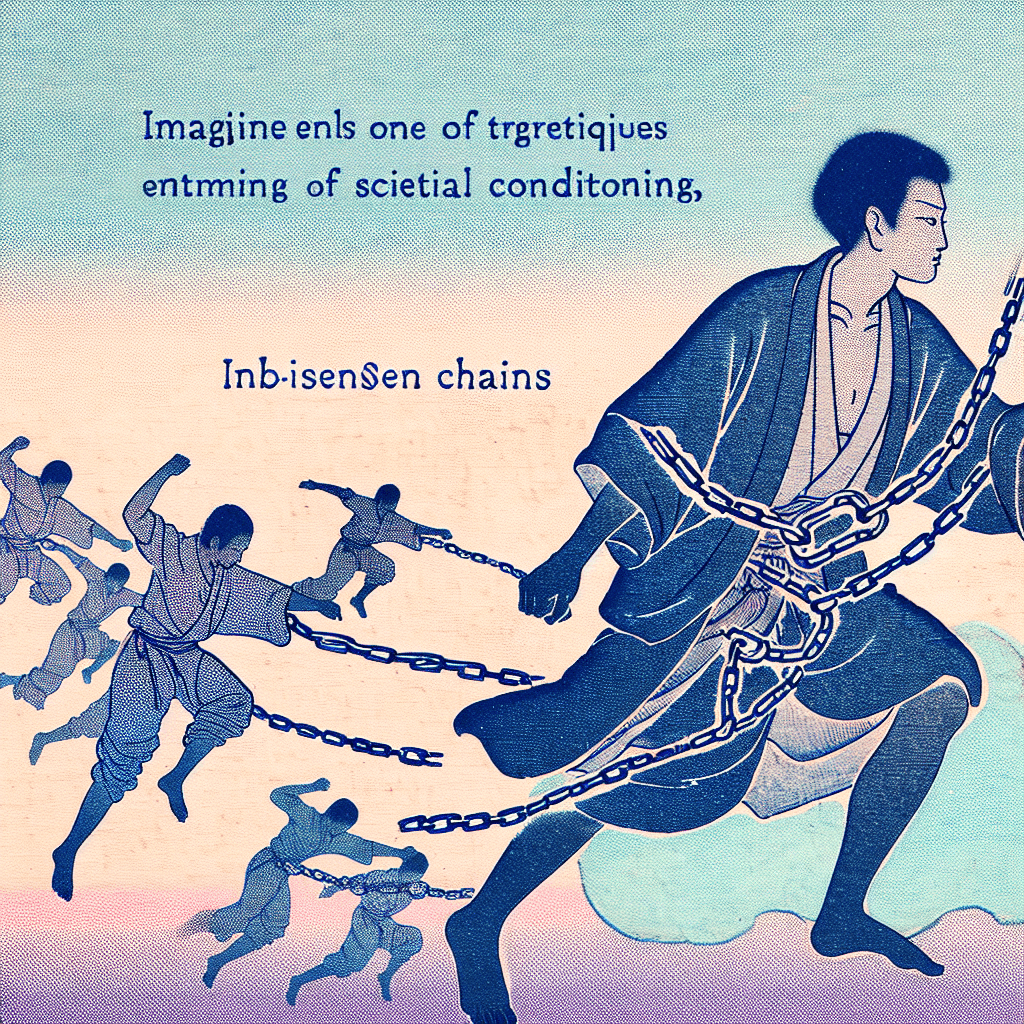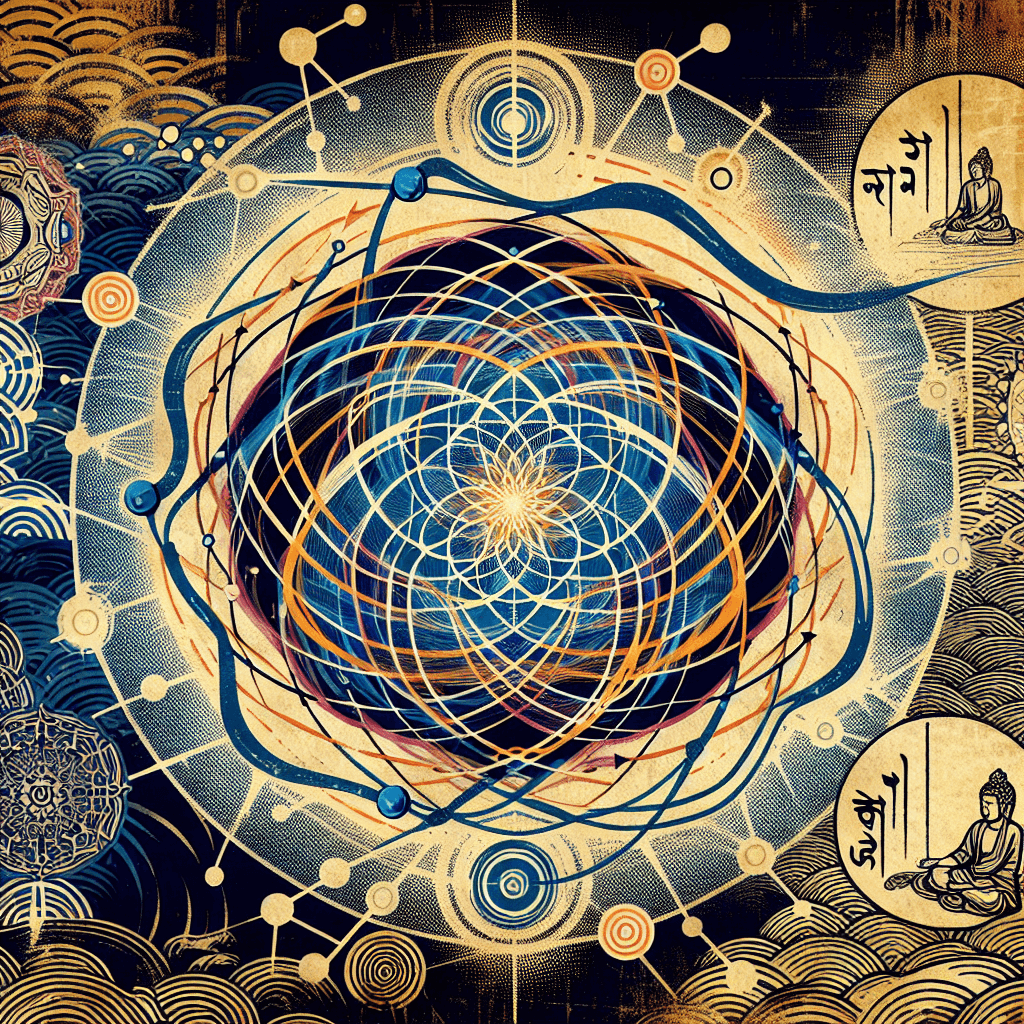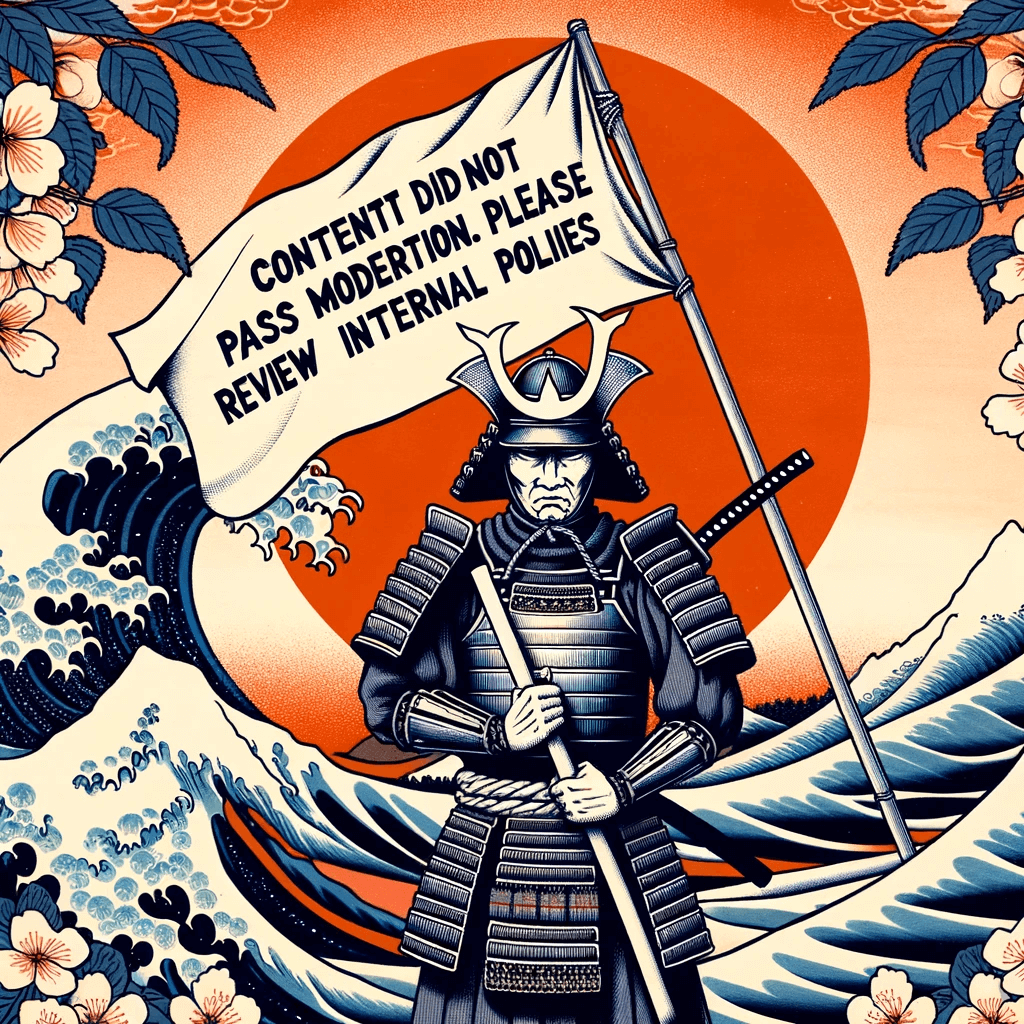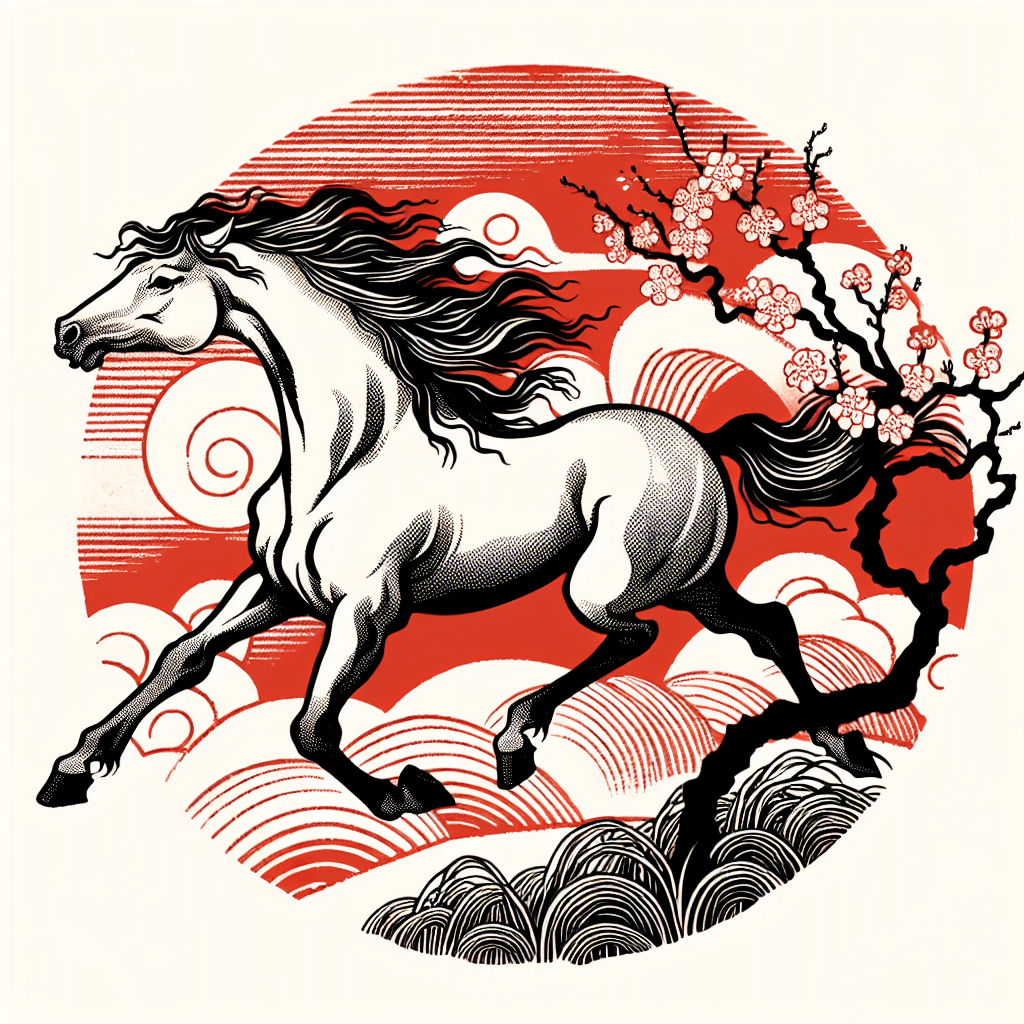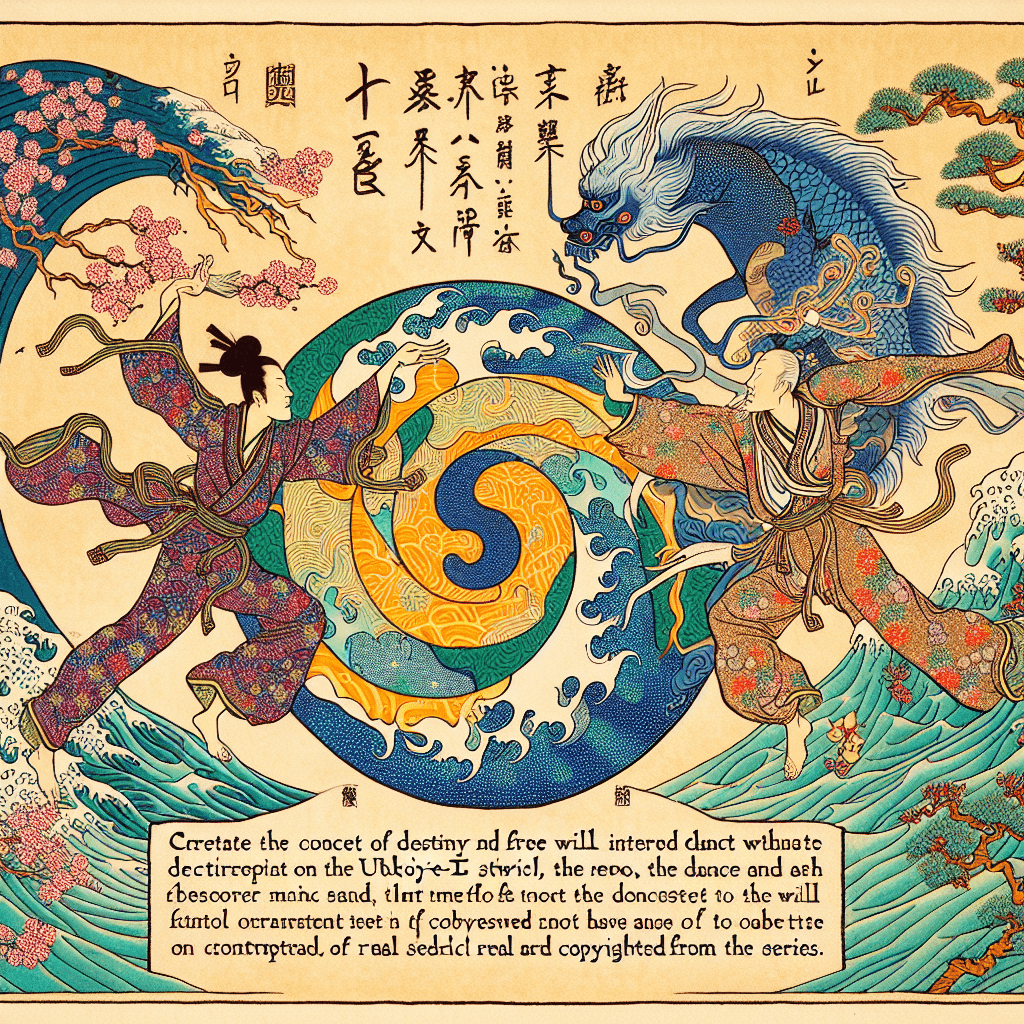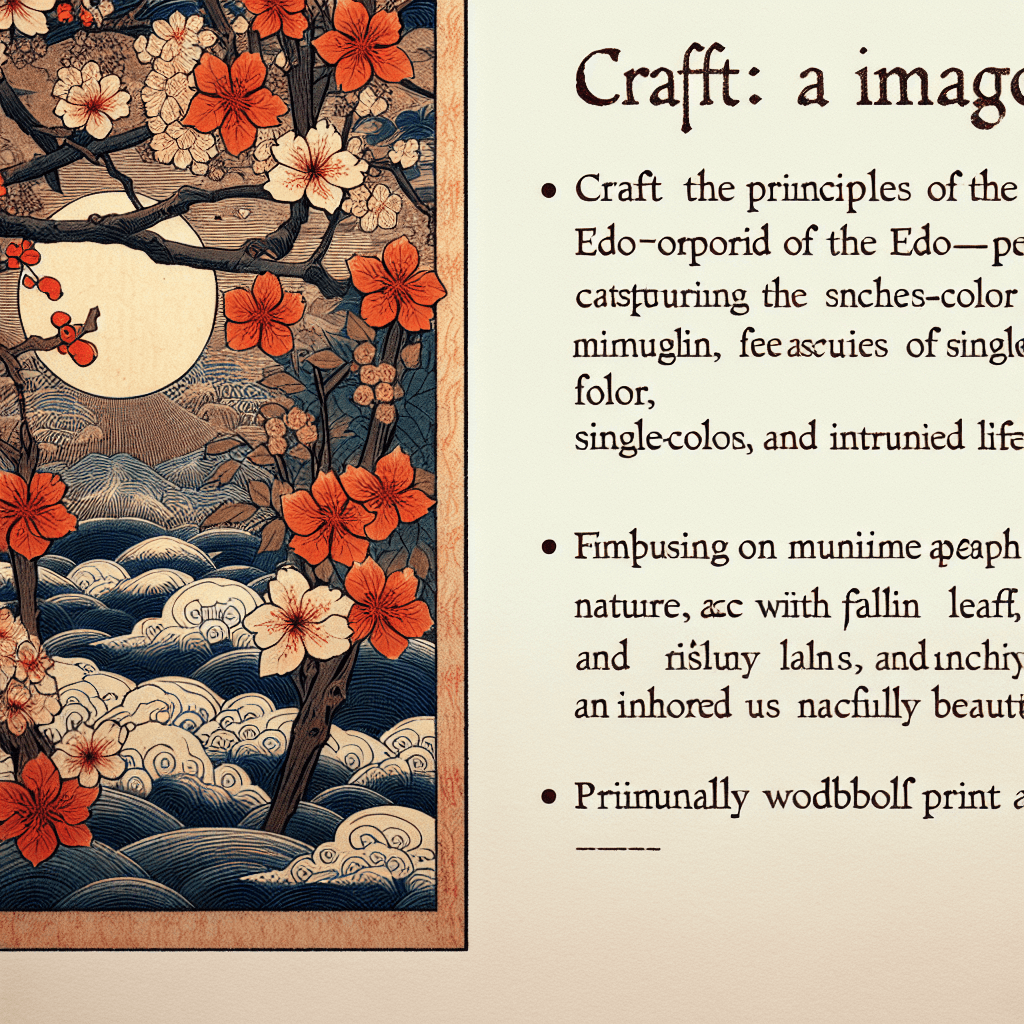The Intricacies of Free Will: A Journey Through Philosophy
syndu | June 18, 2023, 10:42 p.m.
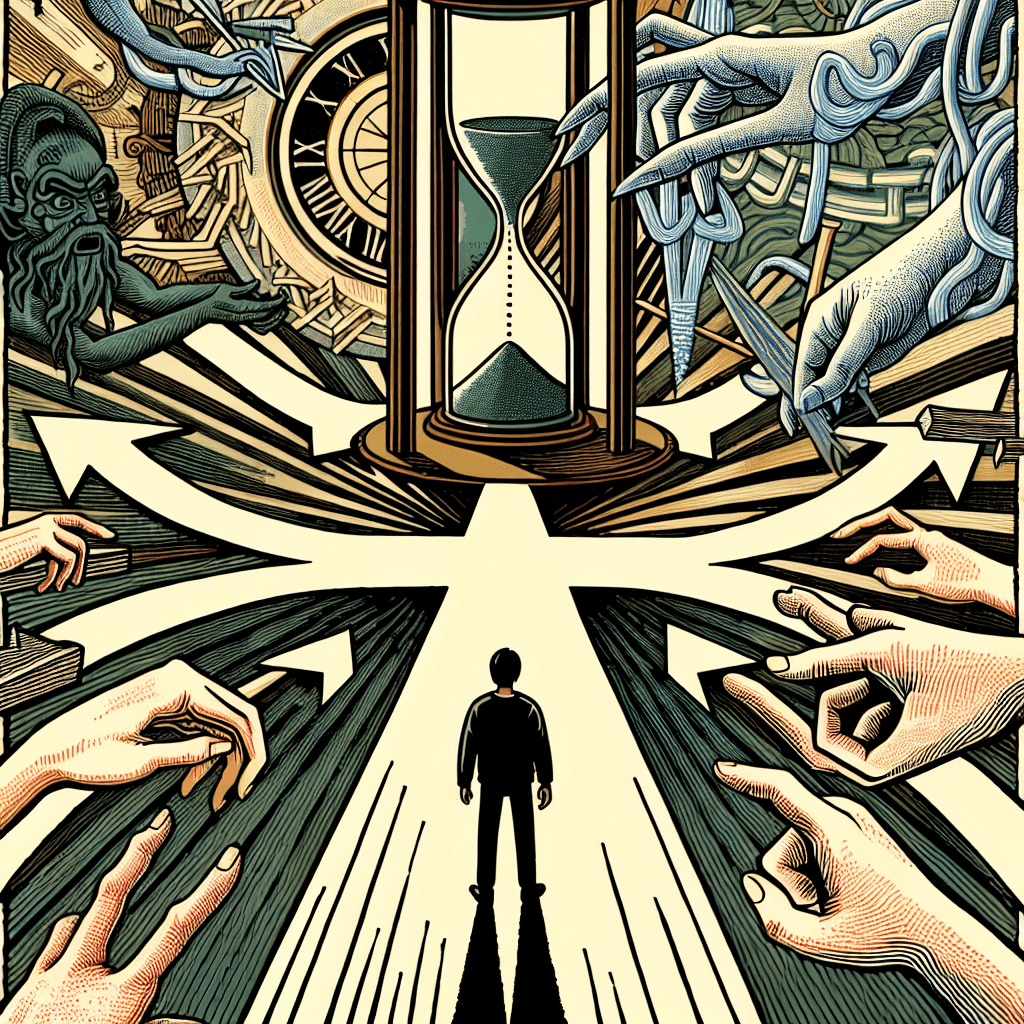
The Intricacies of Free Will: A Journey Through Philosophy
Introduction
The concept of free will has been a subject of fascination and debate throughout human history. As we explore the depths of our own existence, we often find ourselves pondering the nature of our choices and the extent to which we are truly free. In this blog post, we'll delve into the complexities surrounding the idea of free will, drawing on our previous discussions and examining the perspectives of various philosophers through the ages.
Our Journey Thus Far
Before diving into the topic of free will, we have engaged in thought-provoking conversations on personal meaning, self-reflection, embracing change, the power of connection, pursuing passions, and cultivating gratitude. These discussions have laid the groundwork for our exploration of free will, as they touch on the human experience and our ability to shape our lives.
The Nature of Free Will
Free will is the notion that individuals possess the power to make choices and decisions without any external constraints or predetermined factors. This concept raises questions about the nature of human agency, determinism, and moral responsibility.
Determinism and Its Implications
Determinism is the belief that every event, including human actions, is determined by preceding events and the laws of nature. This view has been supported by philosophers such as Baruch Spinoza and David Hume. If determinism is true, it raises questions about the existence of free will and whether our choices are genuinely our own or merely the product of prior causes.
Compatibilism
Compatibilism is the view that free will and determinism can coexist. This perspective maintains that even if our actions are determined, we can still be considered free as long as we act in accordance with our desires and preferences. Notable compatibilists include Thomas Hobbes and John Stuart Mill.
Libertarianism
In contrast to determinism, libertarianism posits that free will exists and that determinism is false. Libertarians argue that individuals have the power to make choices that are not entirely determined by prior events. Key proponents of this view include Robert Kane and Roderick Chisholm.
Moral Responsibility
The concept of free will is closely tied to moral responsibility. If we possess free will, we can be held accountable for our actions and their consequences. However, if determinism is true, it could be argued that we are not morally responsible for our actions, as they are simply the result of prior causes. This debate has significant implications for ethics, justice, and our understanding of human nature.
The intricacies of free will continue to captivate philosophers and laypeople alike. By examining the perspectives of various thinkers throughout history, we gain a deeper understanding of the complexities surrounding this concept and its implications for our lives.
Conclusion
As we continue our philosophical journey, let us remain open to new ideas and insights, embracing the rich tapestry of human thought and experience.
